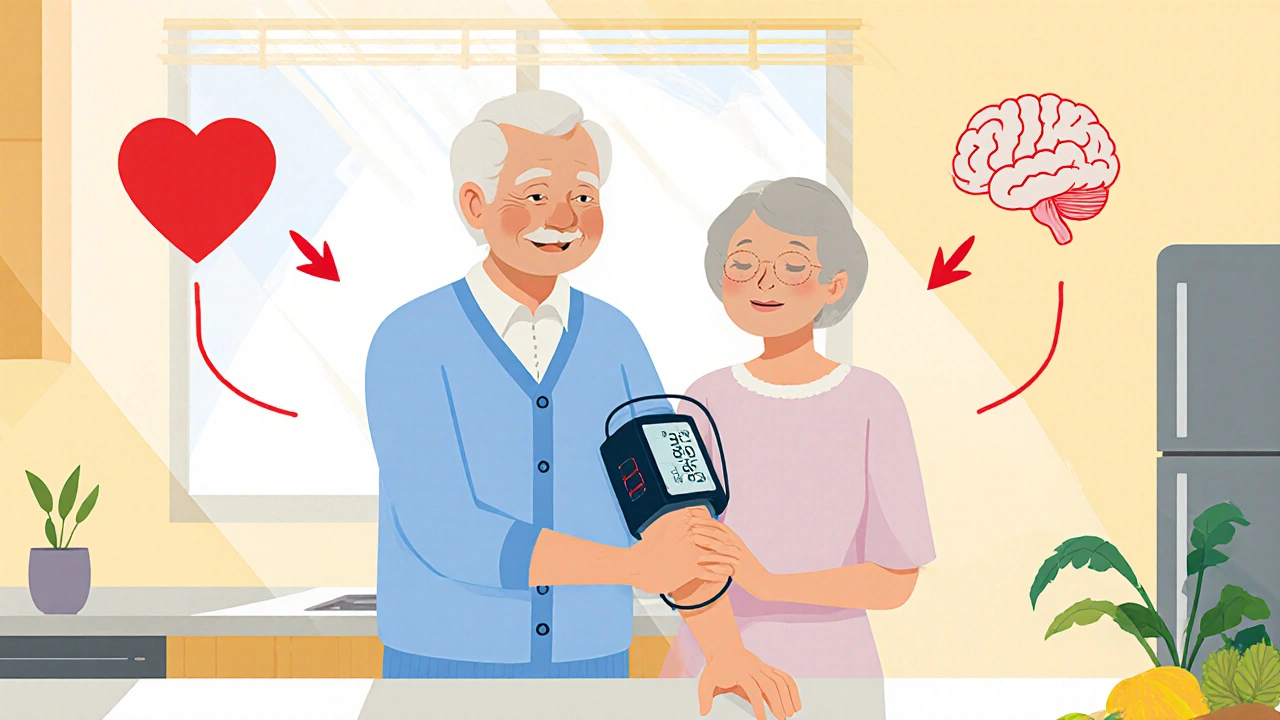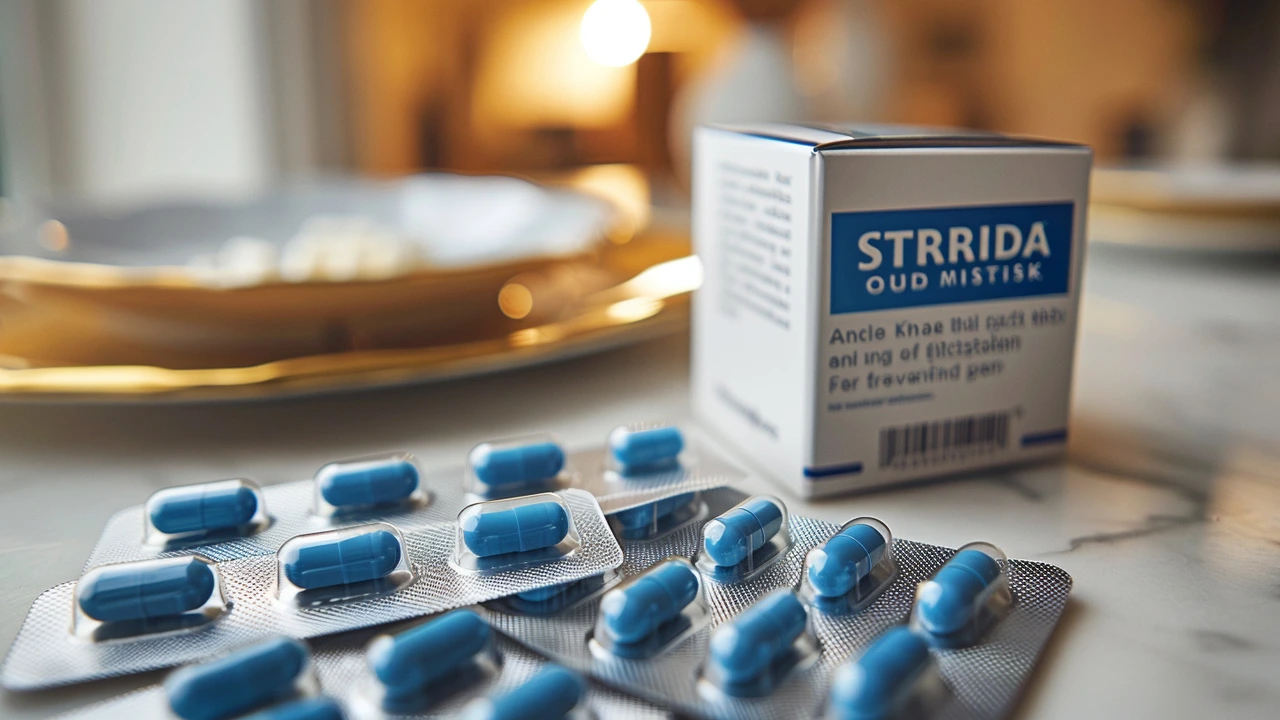Understanding Side Effects: Your Guide to Medication Risks
When starting a new medication, one of the biggest concerns is side effects. These are unwanted symptoms or reactions that happen along with the medicine’s intended benefits. Side effects can range from mild annoyances like a headache or dry mouth to more serious issues such as allergic reactions or organ problems. Knowing what to expect and how to handle side effects can make your treatment experience safer and less stressful.
It’s important to realize not everyone experiences side effects, and some people get different reactions even from the same drug. For example, Effexor (venlafaxine) helps many with depression and anxiety but can cause nausea, dizziness, or trouble sleeping in others. The key is to watch your body closely and communicate with your doctor if something feels off.
Common Side Effects and Why They Happen
Most side effects happen because the medicine affects more than just the target symptoms. For instance, antibiotics kill bacteria but can also upset your stomach or cause yeast infections. Blood pressure drugs might lower blood pressure too much, leading to dizziness or fatigue. These effects often show up early in treatment but may fade as your body adjusts.
Always read the medication guide or ask your pharmacist about what side effects to watch for. Some signs like rash, difficulty breathing, or swelling require immediate medical attention. Mild symptoms such as dry mouth or mild headache can sometimes be managed by staying hydrated or adjusting your routine. Never stop a prescribed medication without talking to your doctor first.
Tips for Managing Side Effects Safely
One practical tip is to keep a symptom diary during your medication course. Write down what side effects you notice, when they happen, and how severe they are. This info helps your healthcare provider make better decisions on dose adjustments or switching to another drug if needed.
Ask your doctor if there are things you can do to reduce side effects—like taking medicine with food, changing the timing, or adding supplements. And don’t forget lifestyle factors; staying well-hydrated, eating balanced meals, and getting enough rest support your body when adjusting to new meds.
Remember, while side effects can be annoying and sometimes worrying, they don’t always mean you have to quit your treatment. With your doctor’s guidance, you can find ways to manage or minimize them. Staying informed and proactive is the best approach to getting the most benefit from your medication without unnecessary discomfort.

Olmesartan and Amlodipine in Seniors: Essential Tips for Safe Hypertension Management
Learn how to safely use the olmesartan and amlodipine combo in seniors, covering dosing, side‑effects, lab monitoring, drug interactions, and practical tips for patients and caregivers.
Read More
Accutane: Real Facts, Tips, and What Happens to Your Skin
Struggling with relentless acne? Accutane, also known as isotretinoin, can be a game-changer. This article breaks down real risks, what your skin goes through, why it works, and how to manage the tough side effects. Practical tips from real-life experience, the latest research, and what to expect every step of the way—no hype, just honest help. Find out if this acne solution is right for you.
Read More
Understanding Strattera: Dosage, Side Effects, and ADHD Treatment Benefits
Strattera, known scientifically as atomoxetine, serves as a pivotal medication in treating ADHD without the high abuse potential of stimulants. It enhances neurotransmitter levels in the brain, but users must heed possible side effects, including elevated heart rate and blood pressure, and closely monitor for suicidal thoughts in younger demographics.
Read More